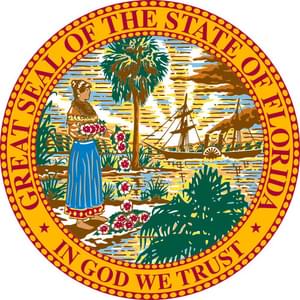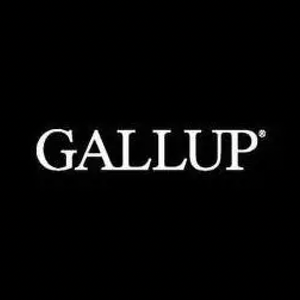
Americans of all ages, races, and political affiliations overwhelmingly oppose the Trump administration plan to pursue capital punishment for drug overdose deaths and believe it will have no effect on addressing the opioid public health crisis, according to a March 16 – 21, 2018 nationwide Quinnipiac University poll.
By a 50-percentage-point margin (71% to 21%, with 8% saying they did not know or would not answer), Americans oppose the death penalty for persons convicted of selling drugs that contributed to a fatal overdose (click on graph to enlarge image). Three-quarters of Americans (75%-20%-5%) said that using the death penalty for drug sales leading to overdose deaths will not help stop the opioid crisis. Nearly three-fifths of Republicans (57%) both opposed the administration’s plan and thought it would not work.
Opposition to the use of the death penalty for drug-overdose sales was highest among African Americans (90%), Democrats (87%), voters aged 18 – 34 (82%), and college-educated Whites (77%). 73% of women and 70% of men opposed the plan, as did 69% of Whites, Hispanics, and Independents.
By margins of more than 3 to 1, men and women, Blacks and Whites, and Democrats and Independents also said using the death penalty would not help stop the opiod crisis. Hispanics by a margin of 2 to 1 thought it would not work.
The Quinnipiac Poll also asked the 1,291 voters it surveyed several questions about the death penalty itself. In a question that asked simply “Do you support or oppose the death penalty for persons convicted of murder?,” 58% said they supported capital punishment, while 33% opposed. That contrasted with the most recent Gallup Poll, which reported 55% support for the death penalty, and the Pew Research Center poll, which reported support at 49%.
When asked “Which punishment do you prefer for people convicted of murder: the death penalty or life in prison with no chance of parole?,” 51% of Quinnipiac Poll respondents said they preferred life without parole, versus 37% who preferred capital punishment. A Quinnipiac news release said this was the first time since the poll began asking this question in 2004 that a majority of Americans said they preferred the life-sentencing option.
At the same time, however, poll respondents said by a 2 to 1 margin that they would not like to see the death penalty abolished nationwide. Democrats split on that question at 47%-46% in favor of abolition, but substantial majorities of every other demographic opposed abolition.
“It’s a mixed message on a question that has moral and religious implications,” said Tim Malloy, the assistant director of the Quinnipiac University Poll. “Voters are perhaps saying, ‘Keep the death penalty, but just don’t use it.”
Most U.S. Voters Back Life Over Death Penalty, Quinnipiac University National Poll Finds; Voters Back Anti-Gun March 2 – 1, But Say It Won’t Work, Quinnipiac University Poll, March 22, 2018; Phillip Bump, Republicans oppose Trump’s death-penalty-for-dealers plan — and don’t think it would work, Washington Post, March 22, 2018; Max Greenwood, Most oppose Trump’s call for death penalty for drug dealers, The Hill, March 22, 2018. Polling graphics by the Washington Post.
See Public Opinion and Sentencing Alternatives.
Crimes Punishable by Death
Dec 18, 2023

Florida Prosecutors Seek First Death Sentence Under New Child Sex Abuse Law
Public Opinion
Jul 26, 2023

